Sustainability has been the buzzword lately. However, the hype around it does not seem to have translated into easy markets for consumer brand startups in the space.
Several start-ups offering sustainable products still struggle with high costs when it comes to customer acquisition, thanks to multiple factors such as lack of awareness among customers, lesser visibility, greenwashing by bigger brands, and the reluctance of the buyer to choose the product that’s often at the higher end of the price spectrum.
The reluctant customer
The kind of raw materials and packaging used for sustainable products push up their price. Often this stops the price-sensitive Indian customer from choosing sustainable products over others. For smaller ventures which try to be sustainable from end to end, this poses a big challenge.
Take the case of Bengaluru-based India Hemp and Co., which offers plant protein made from hemp. The products of the start-up come in canisters that can be recycled or repurposed.
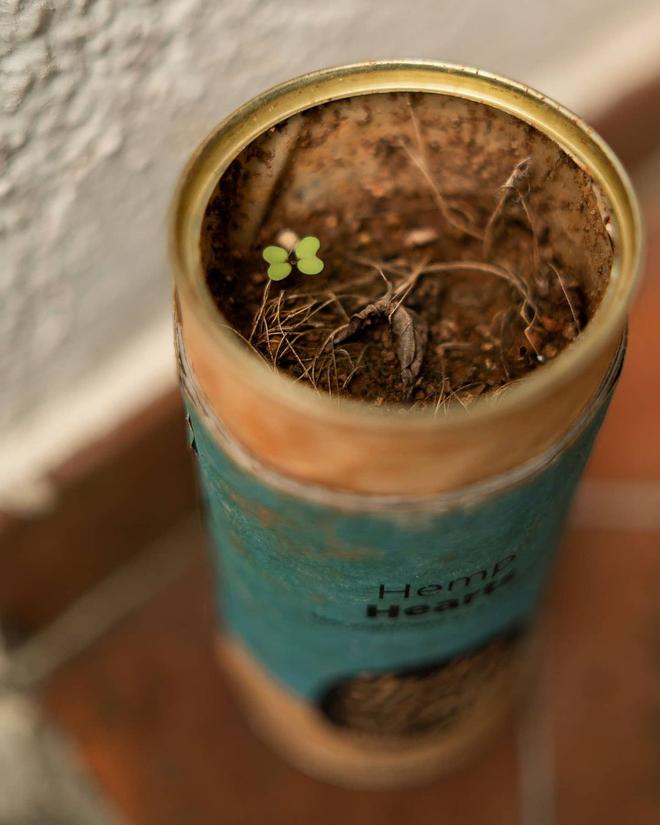
Jayanti Bhattacharya, co-founder of the start-up, describes this as a conscious decision to stay true to the idea of sustainability. However, these canisters are significantly more expensive than plastic.
“We have been spending a lot of time educating the customer on what they can do once they buy the product and how they can upcycle the containers or repurpose them. We do lots of different things to tell people how sustainable packaging is a possibility today.,” Bhattacharya says.
The team also does its own delivery instead of a warehouse delivery to ensure that the platforms it sells through don’t wrap the product in bubble wrap or other similar non-sustainable materials. But this slows down the process.
The retailer challenge
The troubles don’t stop there.
According to Bhattacharya, doing retail is “unimaginably difficult for a sustainable brand.”
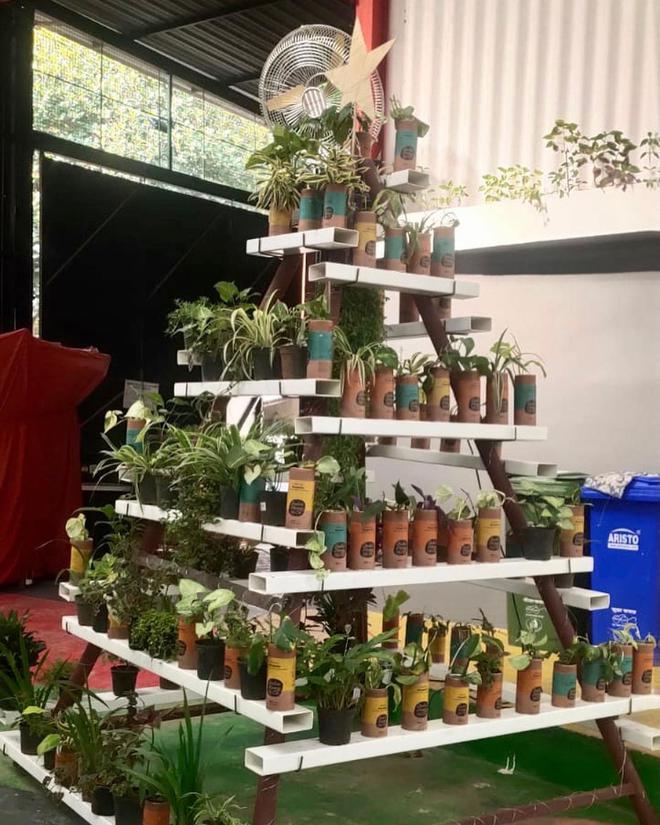
She explains, “If I have five basic products, I need to pay at least two to three lakhs as a listing fee to get on the shelves of retailers like Nature’s Basket, Le Merche or Namdhari’s. It averages between ₹5,000-7,000 per product. So, by the time I list in five stores, it comes up to about Rs two lakhs.”
“Then over that you pay 35 to 40% as commission to the retail store. Then they push you for sales and offers, and that’s another 10%. After that, there’s no money left for us. But if you don’t do it, the customers can’t see you.”
Apart from the high costs, the RTV or ‘Return to Vendor’ contracts also pose a challenge in retail. As per the contract, the retailer has to send back the unsold products before expiry, but this never happens, says Bhattacharya. “So, the products we get back is dead stock to us which we cannot resell.”
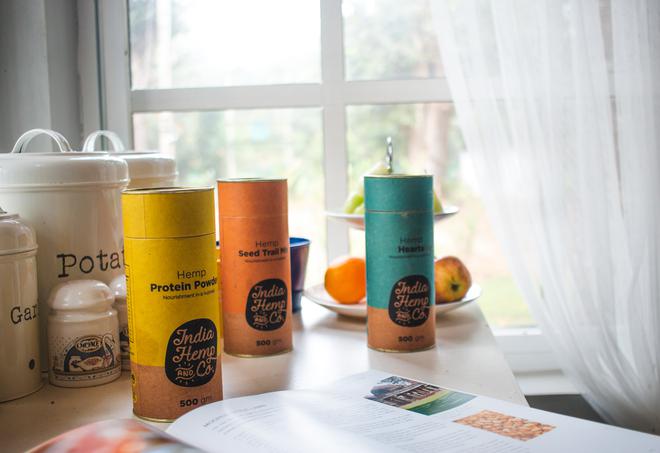
The start-up, which was featured in the first season of Shark Tank India, also faces advertising challenges. As the product is made out of hemp, the company is not allowed to advertise on Instagram despite the products being FSSAI-regulated.
“Since hemp is a new segment, people haven’t heard of it. We don’t have celebrities endorsing it because we’re not pumping money into it. Sustainable brands don’t have that kind of flushed money.”
The B2B switch
EcoKaari, a sustainable brand supported by NSRCEL, the incubation arm of IIM-Bangalore, started as a B2C brand offering eco-friendly, upcycled and handmade products made from waste plastic using charkha and handloom to consumers.
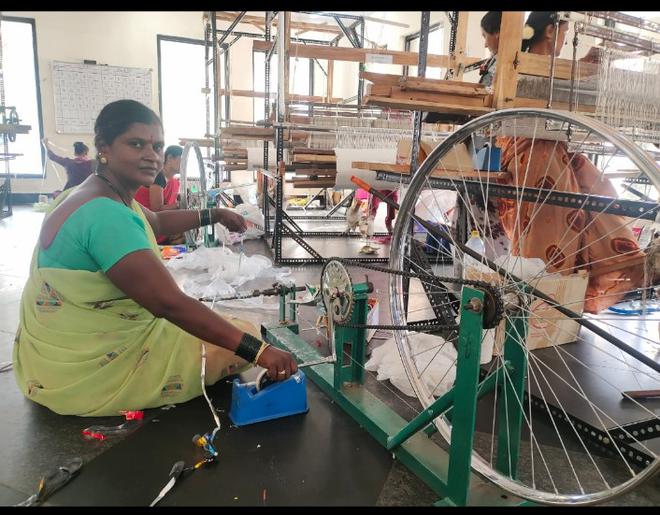
However, not seeing enough business from individuals, the brand eventually moved from B2C to B2B. Today majority of its sales comes from B2B and the share of B2C revenues is as less as around 10-15%.
“In B2C the cost was quite high and repeat orders were almost zero,” says Nandan C.B., founder of the start-up.
One of the main problems was that the start-up had no control over the colour of the final product as the fabric was weaved out of different kinds of single-use plastic and the plastic trash the company gets would be different each time.
“To keep the products on platforms like Amazon and Flipkart, we must photograph every product. Most companies will do high-end photography for one product and keep changing the inventory on the backend because for them the product remains the same. But for us, the product and its colour keep changing. This means we have to photograph every single product of ours. In the end, the only person who makes money is the photographer. This was limiting us in terms of exposing our organization to a wider base,” Nandan says.
The startup now offers their products like pouches, laptop bags, totes and conference bags for corporate giftings and other similar events. Companies like ITC send their plastic waste to EcoKaari which uses them to make its fabric and sells it back to the company. The team has worked with around 50 corporates such as Bridgestone and Nestle among others so far.
Tricky loop
Not for all startups does B2B work as a magic bullet. Regeno Ventures, which makes plastic-free bio bags from vegetable starch and other natural extracts, operates in the B2B space but has not been exempt from customer acquisition challenges.
“We do sustainable packaging, but our pricing is twice the cost of plastic. People therefore don’t pick our products and even in B2B it’s a challenge,” says Cibhi Sel Ven, founder and MD of the NSRCEL supported company.
He points out that within B2B there are sub-segments like premium brands that can afford the price of sustainable packaging material.
“We are currently focused on premium fashion brands, but the quantities are not very high. When you go premium, the quantity is pretty low often. For it to be adopted in the mass market the price has to be the same as that of plastic or lower,” he says.
However, bringing the price point down is not easy. For example, at Regeno the cost of the raw material itself is almost equivalent to the cost of a finished plastic product. This means the company has to sell its product at a higher price point. Due to the higher price customer adoption is less. This means there is not enough volume to use the economies of scale to offer the product at a lesser price. Essentially the brand gets stuck in this tricky loop.
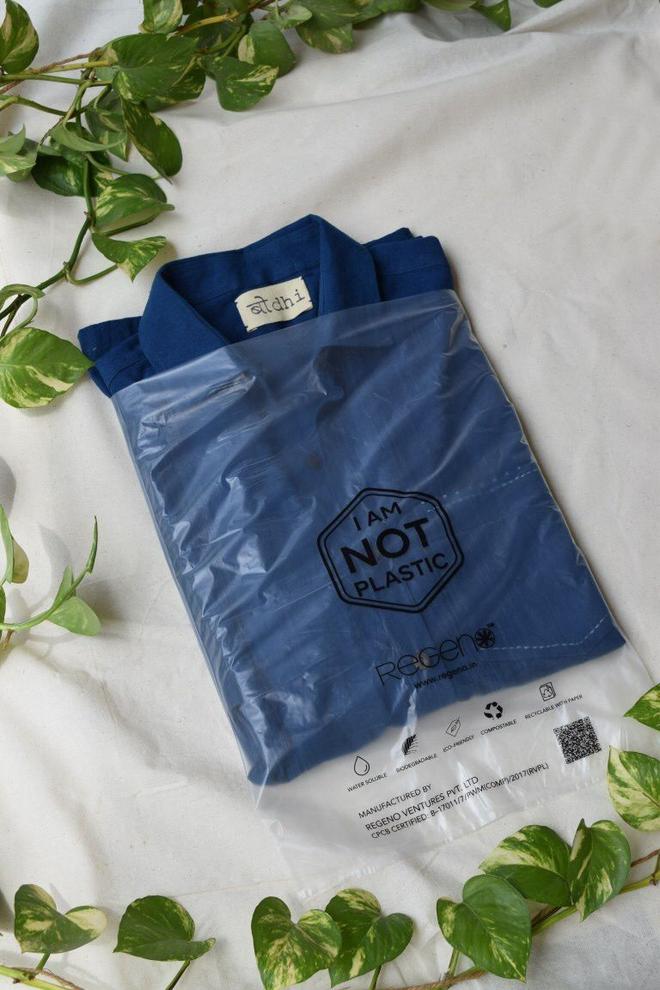
Sel Ven says, “If you need volumes, you will need markets like FMCG. That’s the only way to reach economies of scale. But India is a very price-sensitive market. So FMCG companies try to reduce the price as much as possible and they wouldn’t pay extra to be more sustainable.”
He believes the solution is the end consumer demanding accountability from big brands.
“I’m sure most customers in the mass market can absorb this cost. Companies can choose sustainable packaging and still be profitable. But the demand has to come from the end consumer. Big brands are not going to change unless the consumers specifically ask for it.”
Nandan too agrees with this and points out that in the mid-level and higher income segments, consumers are willing to pay a 10-15% green premium as long as the quality of the product is on par with the existing products in the market.
Greenwashing challenges
Yet another challenge before the start-ups is the greenwashing by bigger companies.
Several bigger brands try to ride the sustainability wave without being entirely sustainable in their operations, points out Ms. Bhattacharya of India Hemp and Co. But their deeper pockets ensure more market share and visibility.
For smaller start-ups, this acts as a hindrance from reaching the consumer as their visibility gets blocked by the bigger brands.
Silver linings
Despite the persisting challenges, Bhattacharya feels that initiatives like vegan markets and smaller online platforms that promote sustainable products help businesses like hers to an extent to reach the right kind of audience.
She also adds that supermarket chains should stop clubbing both sustainable and non-sustainable brands under the same pricing criteria and make exceptions for smaller organic brands that do not have deep pockets.
“Investors should be backing different kinds of platforms that sell sustainable products. We do have initiatives like the Rainmatter Foundation which does a really good job in backing such companies. We also see genuine initiatives from companies like Akshayakalpa to promote sustainability,” she says.







